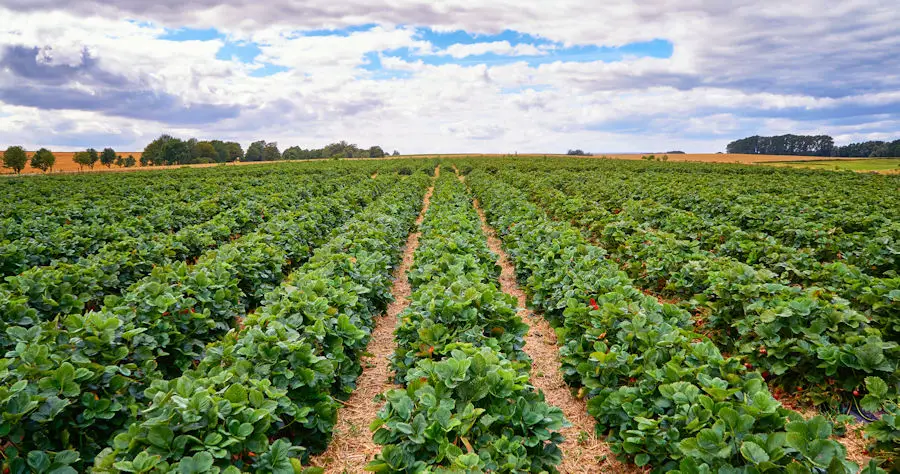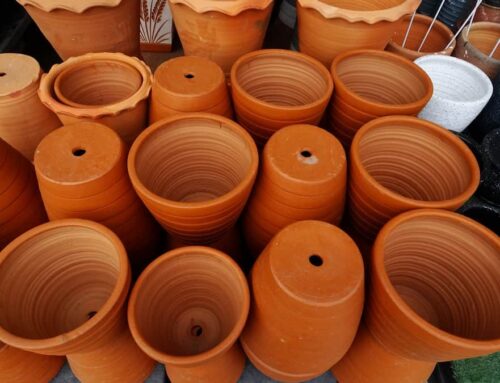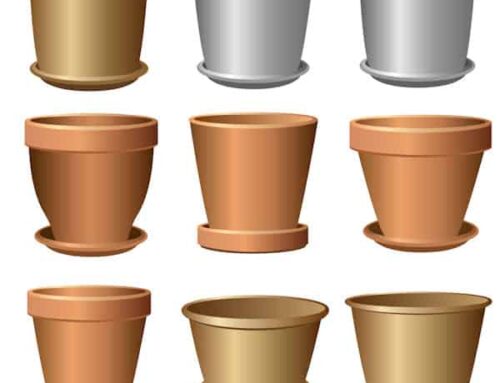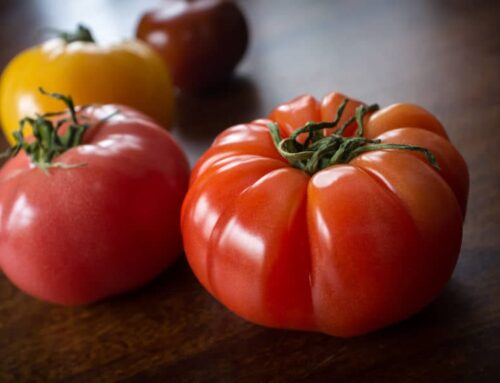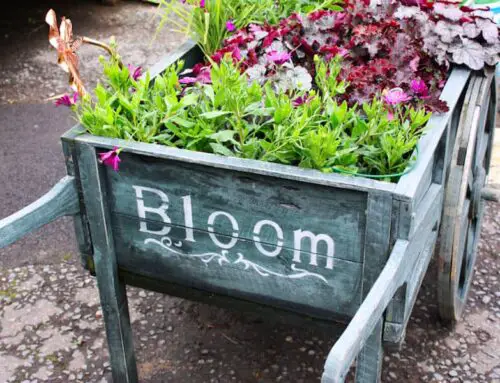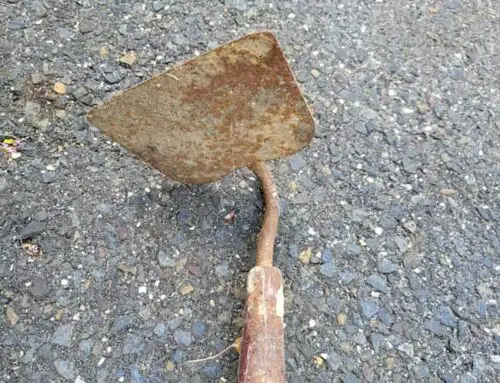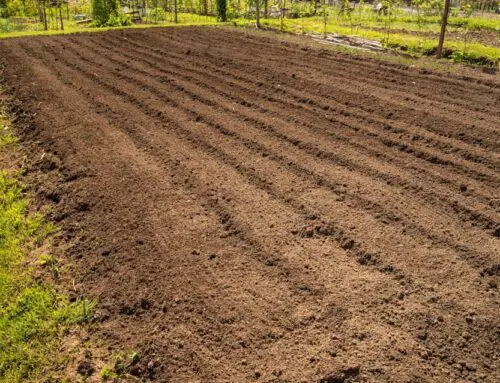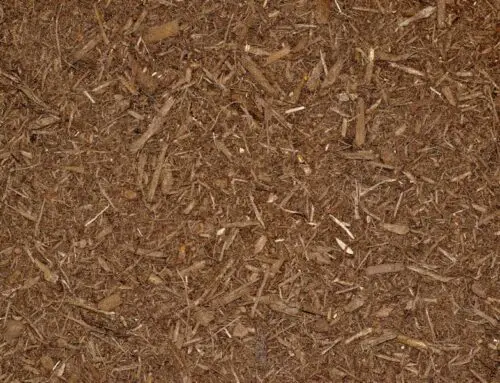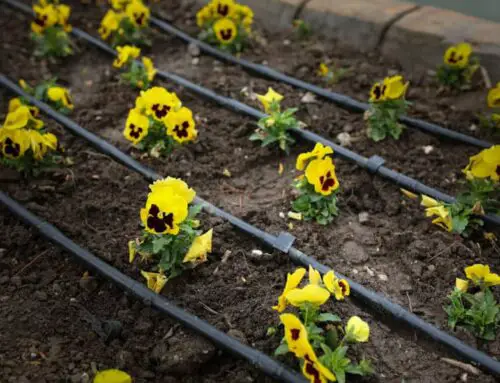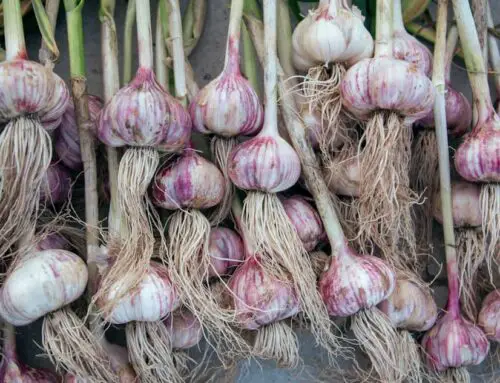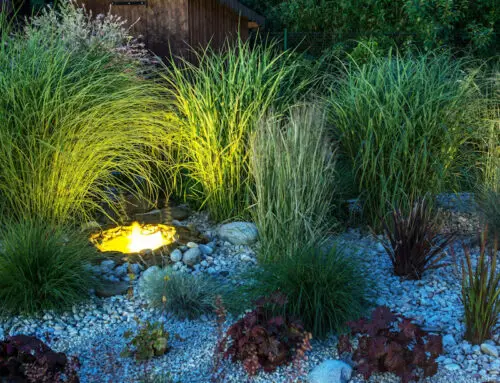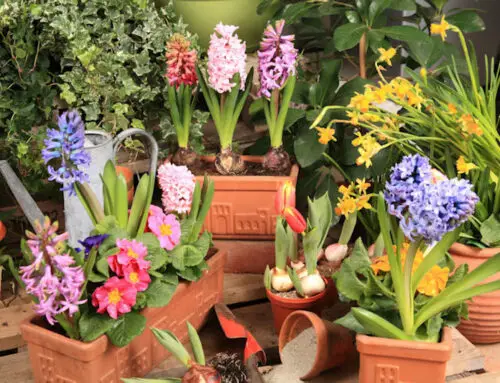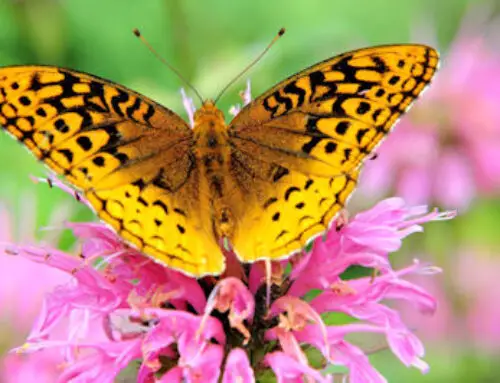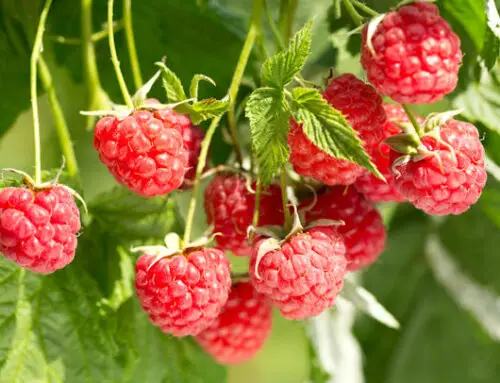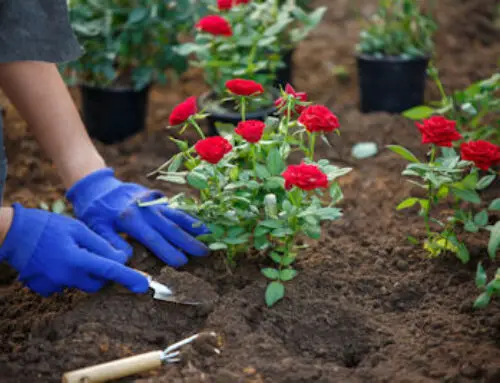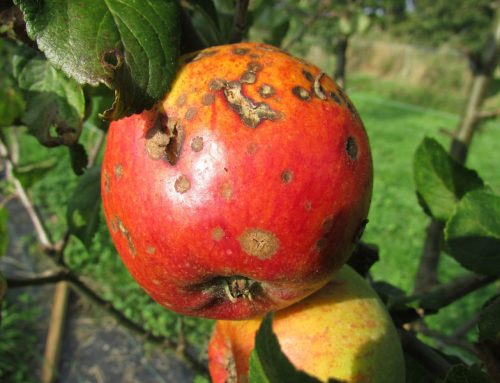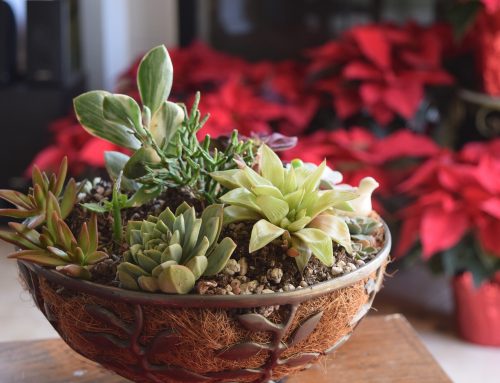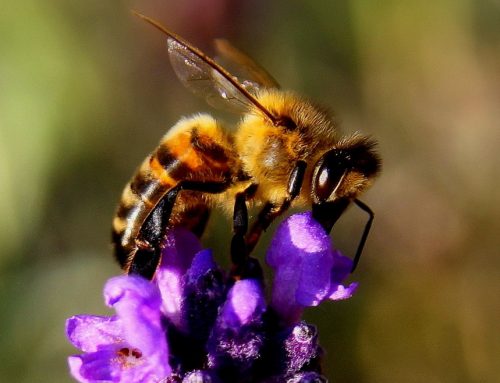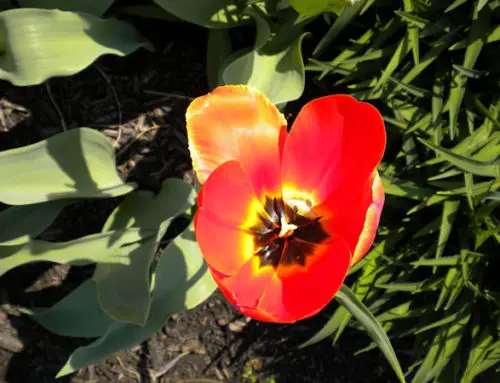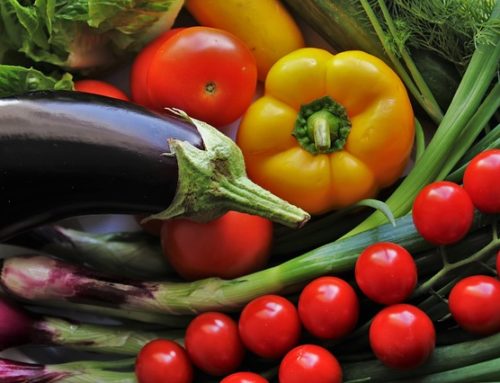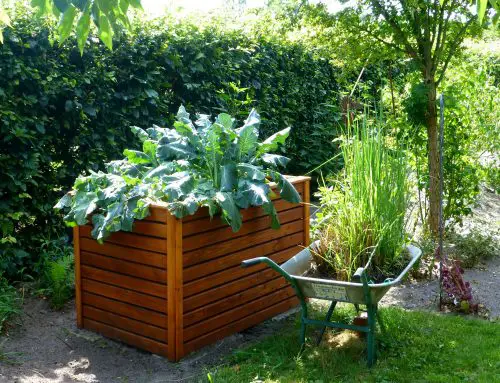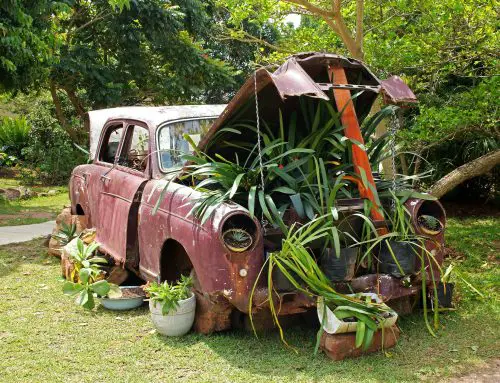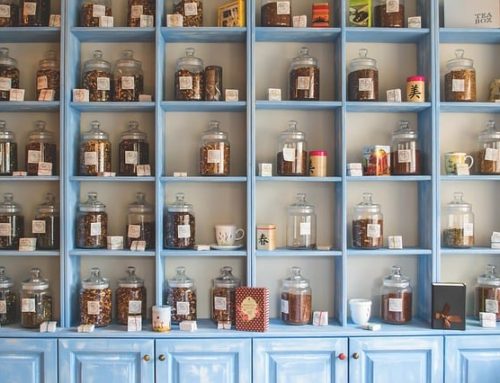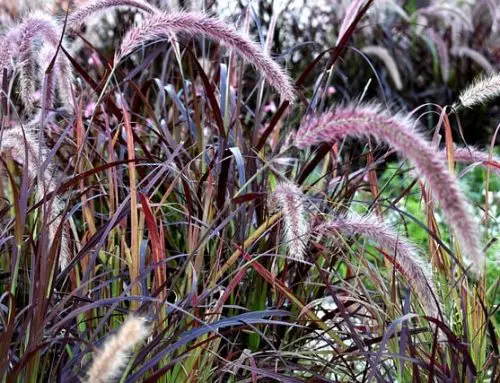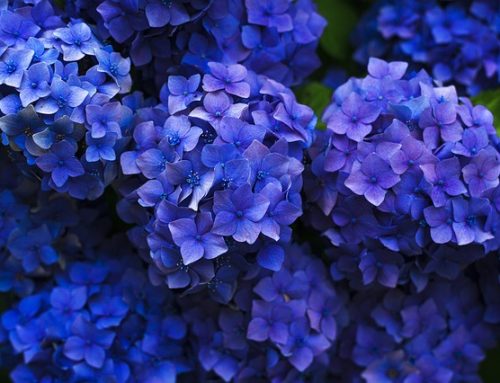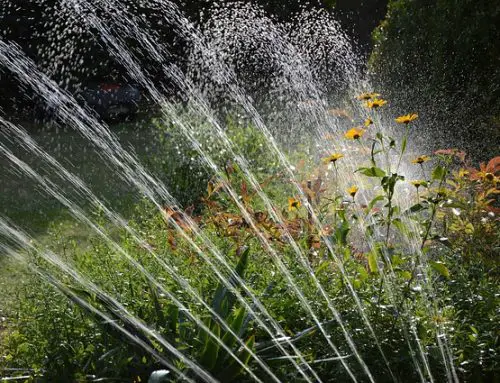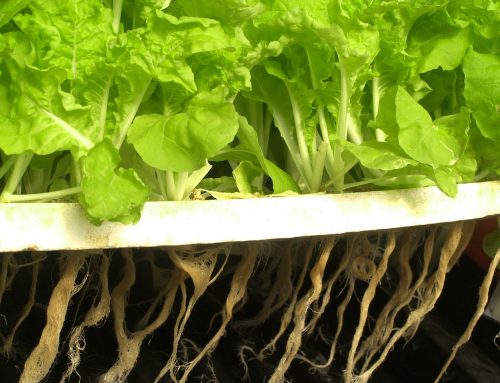Both gardening and farming involve growing and taking care of plants, but they are two different things. Growing plants in a garden is usually a small-scale activity. Farming, on the other hand, is a larger-scale activity that involves growing crops or raising animals for money.
But there isn’t always a clear line between gardening and farming, so it can be hard to tell when gardening turns into farming.
When Does Gardening Become Farming
Humans have engaged in gardening and farming as activities for thousands of years. Both entail growing plants, although they differ in a number of ways. While gardening is typically done on a small scale for personal consumption or recreation, farming involves planting crops or raising livestock for commercial objectives. The distinction between gardening and farming is not always clear, and it can be difficult to determine when one becomes the other.
What is Gardening and Farming
Gardening – The cultivation of plants on a small scale for personal consumption or recreation is referred to as gardening. It typically involves cultivating fruits, vegetables, herbs, or flowers in a small space. Raised beds, container gardening, and classic in-ground planting are just a few of the gardening methods available.
Farming – Farming, on the other hand, is when animals are raised for profit or crops are grown on a larger scale. Farming is often done on a farm or ranch, and it involves using different farming techniques and tools to grow crops or raise animals.
When Does Gardening Becomes Farming, Consider the Following:
- Size of the Land
- Purpose of Cultivation
- Production Volume
- Use of Machinery
- Methods of Irrigation
- Crop Rotation
- Pest Control
- Soil Preparation
- Required Time and Labor
- Profitability
- Legal Considerations
- Environmental Impact
Size of the Land
One of the main differences between gardening and farming is the size of the land used to grow plants. Whereas farming involves cultivating crops or raising livestock on a larger scale, typically on a farm or ranch, gardening is typically done on a smaller scale, such as in a backyard, on a balcony, or in a community garden.
Purpose of Cultivation
While farming is typically done for business purposes, gardening is typically done for personal consumption or recreation. Crops or livestock are typically sold for a profit in farming, which is a business.
Production Volume
Gardening typically involves growing a variety of plants on a small scale. In contrast, farming involves cultivating crops or raising livestock on a larger scale and focuses on a limited number of crop or livestock species.
Use of Machinery
Gardening typically involves physical labor and simple instruments like hand trowels and shovels. In contrast, farming involves the use of heavy machinery such as tractors, combine harvesters, and other equipment specialized for large-scale cultivation.
Methods of Irrigation
Irrigation is another crucial factor in determining when gardening becomes farming. While farming often involves more complex irrigation systems like sprinklers or drip irrigation, gardening can be accomplished with basic irrigation methods like watering cans or hoses.
Crop Rotation
To enhance soil health and prevent disease, gardening often involves rotating crops on a small scale. In contrast, farming involves rotating crops on a larger scale to maintain soil fertility and prevent crop diseases.
Pest Control
Gardening typically involves employing natural methods, such as companion planting, crop rotation, and physical removal of garden pests. To control pests on a wide scale, farming frequently involves the use of pesticides and other chemical methods.
Soil Preparation
Gardening typically involves simple methods, such as hand tilling or the addition of compost to increase soil health. In contrast, farming frequently involves more advanced methods such as plowing, tilling, and the use of chemical fertilizers to prepare the land for cultivation.
Required Time and Labor
Cultivation takes time and work. Due to its small scale, gardening typically requires less time and labor than farming. To cultivate crops or raise livestock on a large scale, farming involves a tremendous amount of time and labor.
Profitability
Gardening is mostly done for personal use or recreation purposes and is not regarded as a profitable hobby. Conversely, farming is a business, and crops and livestock are typically sold for a profit.
Legal Considerations
Laws and rules governing land use, zoning, and environmental protection are frequently used to regulate farming. On the other hand, gardening is typically not subject to the same amount of control.
Environmental Impact
Due to its small scale and use of natural methods, gardening typically has a low environmental impact. In contrast, farming can have a large influence on the environment since it frequently involves the use of heavy machinery, pesticides, and other chemical inputs.
Conclusion
In conclusion, both gardening and farming involve taking care of plants, but they are different in many ways. The distinction between gardening and farming is not always clear, and it can be difficult to determine when one becomes the other.
Frequently Asked Questions
What is the primary difference between farming and gardening?
The scale of production in farming is the primary distinction between gardening and farming. While farming involves cultivating crops or raising livestock on a larger scale for commercial objectives, gardening is typically done on a smaller scale.
Can gardening become farming?
Absolutely, gardening can become farming if it is done on a larger scale for commercial objectives.
Is farming more profitable than gardening?
Farming is almost always more profitable than gardening, since it involves growing crops or raising animals for sale.
What are some of the challenges of farming?
Some of the challenges of farming are weather risks, pests and crop diseases, a lack of workers, and changes in the market.
What are some of the benefits of gardening?
Gardening gives you access to fresh and healthy fruits and vegetables, exercise outside, a way to relieve stress, and a sense of accomplishment.

